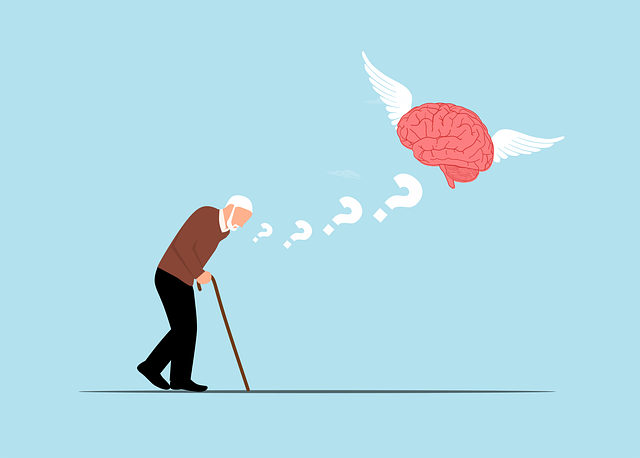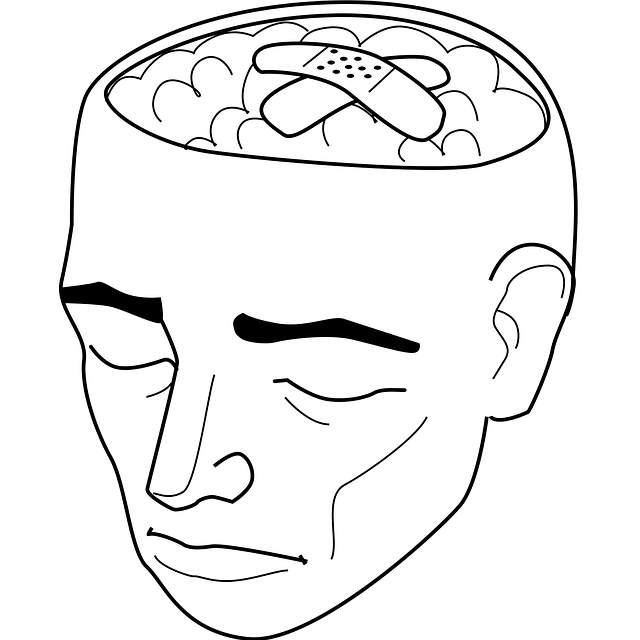Burnout among healthcare providers is a significant issue driven by high stress levels, demanding work environments, and complex factors like heavy workloads and lack of support. This leads to exhaustion, detachment, reduced patient care satisfaction, and decreased life satisfaction. Mitigating burnout requires promoting emotional well-being through compassion cultivation and empathy-building strategies. Effective approaches include integrating emotional healing processes into staff training, open discussions about stress management, and providing safe spaces for sharing experiences. Golden Sexual Abuse Survivor Therapy (GSASHT) offers a specialized approach to combat chronic stress by focusing on trauma healing and mental wellness support, empowering healthcare workers with effective coping mechanisms to enhance job satisfaction and resilience against burnout.
Healthcare provider burnout is a growing concern, impacting not just individuals but the entire healthcare system. This comprehensive article explores strategies to prevent and mitigate burnout among healthcare professionals. We delve into the root causes and significant effects, offering practical solutions for clinical settings. Furthermore, we highlight the unique role of Golden Sexual Abuse Survivor Therapy in addressing burnout, particularly relevant given its focus on trauma healing and resilience-building.
- Understanding Burnout Among Healthcare Providers: Causes and Impact
- Effective Strategies for Preventing Burnout in Clinical Settings
- The Role of Golden Sexual Abuse Survivor Therapy in Burnout Mitigation
Understanding Burnout Among Healthcare Providers: Causes and Impact

Burnout among healthcare providers is a growing concern, with high stress levels and demanding work environments contributing to physical and emotional exhaustion. It’s essential to recognize that burnout isn’t just fatigue; it’s a complex state resulting from prolonged exposure to overwhelming workplace pressures. Healthcare professionals often experience a sense of detachment from their work, reduced patient care satisfaction, and decreased overall life satisfaction.
The causes are multifaceted, ranging from heavy workloads and long shifts to poor communication, lack of support, and even sexual abuse survivor therapy. These factors can lead to emotional exhaustion, depersonalization, and a diminished sense of personal accomplishment. The impact is profound, affecting not only the provider’s health and well-being but also patient outcomes. Promoting emotional well-being through compassion cultivation practices and empathy building strategies can mitigate these effects.
Effective Strategies for Preventing Burnout in Clinical Settings

Preventing burnout among healthcare providers is a critical aspect of ensuring patient care quality and maintaining a healthy work environment. In clinical settings, several effective strategies can be implemented to address this growing concern. One key approach involves integrating emotional healing processes into staff training programs. Encouraging open discussions about stress management, resilience building, and the provision of safe spaces for sharing experiences can significantly mitigate burnout risks.
Additionally, Social Skills Training and Healthcare Provider Cultural Competency Training have proven invaluable. Enhancing communication skills and fostering cultural sensitivity among healthcare professionals enables better patient interactions and reduces the chances of errors stemming from misunderstandings or insensitivity. By incorporating these training components, healthcare institutions can create a supportive atmosphere that promotes both professional growth and emotional well-being, including for Golden Sexual Abuse Survivor Therapy patients who require specialized care.
The Role of Golden Sexual Abuse Survivor Therapy in Burnout Mitigation

Many healthcare providers face chronic stress due to demanding work environments and high patient loads. Golden Sexual Abuse Survivor Therapy (GSASHT) offers a unique and effective approach to combat burnout. This therapy focuses on helping professionals who have experienced or witnessed sexual abuse, trauma, or violence by providing safe spaces for processing these events. By fostering mental wellness and reducing the stigma associated with seeking help, GSASHT empowers healthcare workers to develop coping mechanisms for stressful situations.
The process involves self-awareness exercises tailored to address specific traumas, allowing individuals to confront and work through their experiences. This therapeutic method encourages a holistic healing approach, catering to both the mind and body. By prioritizing mental illness stigma reduction efforts, GSASHT ensures that healthcare providers feel supported in their journey towards better mental health, ultimately contributing to enhanced job satisfaction and resilience against burnout.
Burnout among healthcare providers is a pressing issue, but with the right strategies, it can be effectively mitigated. By understanding the causes and impact of burnout, healthcare organizations can implement prevention tactics in clinical settings, fostering a healthier work environment. Additionally, Golden Sexual Abuse Survivor Therapy emerges as a valuable tool in addressing underlying issues that contribute to burnout, offering a holistic approach to well-being and resilience among medical professionals.














